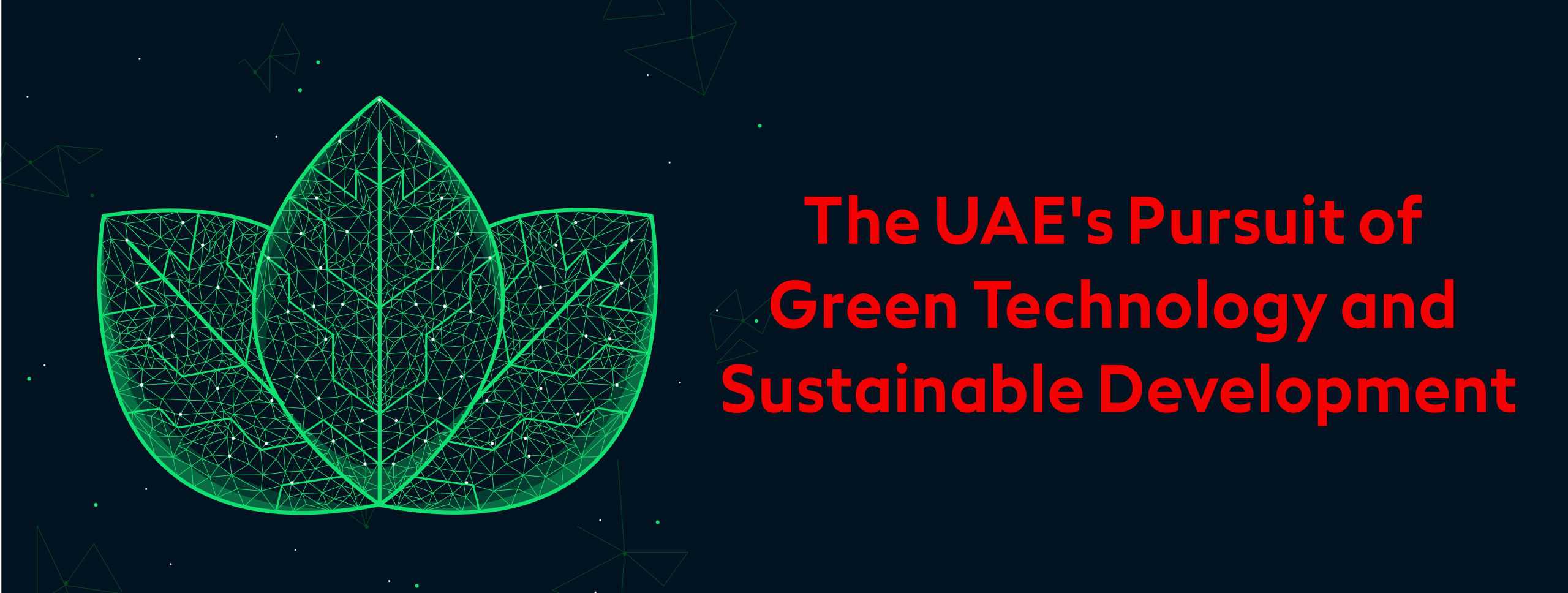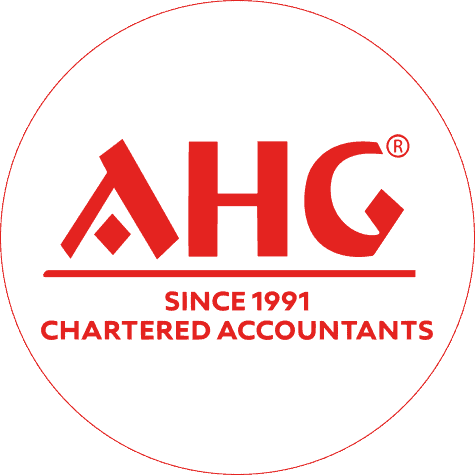The UAE
Embracing a resolute commitment to reducing its carbon footprint and fostering sustainable development, the UAE stands at the forefront of global environmental initiatives. With a bold vision to achieve net zero carbon emissions by 2050, the country has allocated a staggering $163 billion towards clean and renewable energy, as well as cutting-edge technologies. Moreover, the UAE has been entrusted with hosting the COP28 United Nations climate change conference, commencing in November 2023.
Substantial investments
Renewable energy holds paramount importance in the UAE’s agenda, with substantial investments directed towards solar and wind power. The goal is to generate 7% of electricity from renewable sources by 2020, with an ambitious target of 50% by 2050. The government not only encourages but actively supports research and development in pioneering renewable energy technologies, including hydrogen fuel cells and tidal power.

Witnessing nations like the UAE take significant strides towards a sustainable future is undeniably inspiring. By prioritizing investments in green technology and renewable energy, they are not only safeguarding the environment but also paving the way for a prosperous future for generations to come.
Exploring Opportunities in Clean Tech and Environmental Technologies in the UAE
Positioning itself as a global front-runner in combatting the climate crisis, the UAE offers abundant prospects for U.S. exporters in the clean tech and environmental technologies sectors. With a steadfast commitment to achieving net zero carbon emissions by 2050 and a substantial investment of $163 billion in clean and renewable energy, the country presents a fertile ground for engagement.
As the esteemed host of the COP28 United Nations climate change conference and prominent events such as Abu Dhabi Sustainability Week (ADSW) and the Global Manufacturing and Industrialization Summit (GMIS), the UAE is expanding its efforts to promote sustainable practices. For further information on participating in these events, please do not hesitate to reach out to our dedicated team.
Recognizing the imperative to diversify its economy from a hydrocarbons-centric model to a knowledge-based one, the UAE has made remarkable strides in developing its urban infrastructure. However, high per capita energy and water consumption have led to a significant carbon footprint. As one of the most water-scarce nations globally, the UAE relies on desalinated seawater to meet its potable water requirements.
Economic growth and Environmental protection
Nonetheless, the UAE understands that economic growth and environmental protection can coexist harmoniously. To mitigate adverse environmental impacts, the country has implemented various measures, such as being the first Gulf nation to ratify and sign the Paris Accord in 2015, establishing the Ministry of Climate Change and Environment (MOCCAE) in 2016, and launching a comprehensive National Climate Change Plan in 2017. Policies and strategies have been put into place to address climate change, improve air quality, reduce greenhouse gas emissions, enhance water and food security, and conserve natural resources in the UAE.
The UAE's Vision 2021: Pioneering Sustainability
Guided by the “Green Economy for Sustainable Development” initiative, the UAE has set forth ambitious objectives to become a global exemplar and leader in sustainability. These goals encompass various areas, including:
- Energy Transition: Increasing the proportion of renewable, clean, and alternative energy sources in the country’s energy mix to enhance global competitiveness.
- Circular Economy: Establishing robust recycling and waste management industries, including waste-to-energy plants, to promote a circular economy.
- Water Efficiency: Developing efficient reverse osmosis seawater desalination plants to replace older, energy-intensive thermal plants and fostering water efficiency through “reduce and reuse” practices.
- Green Building Standards: Implementing green standards in the construction and management of buildings and adopting eco-friendly products and technologies.
Waste Management and Recycling
Addressing waste management concerns stemming from rapid economic progress and population growth, the UAE aims to achieve a 75% recovery rate of processed municipal solid waste. Federal Law No. 12 of 2018 was enacted to establish an integrated waste management system, covering various aspects from waste separation to disposal. The Ministry of Climate Change and Environment (MoCCAE) is actively coordinating waste management efforts across different emirates through waste collection centers and a National Waste Management Database.
To combat plastic waste, the Emirate of Abu Dhabi has banned single-use plastic bags, while Dubai has implemented a tariff on such bags with the aim of a complete ban within two years. Furthermore, starting from January 1, 2024, plastic bags of any material or composition will be prohibited, followed by the prohibition of various plastic items’ import from January 1, 2026.

Investment Opportunities in Energy and Clean Tech
The UAE is actively promoting clean energy initiatives such as Shams Dubai, which encourages the installation of photovoltaic (PV) panels in buildings to generate electricity. Surplus energy can be exported to the Dubai Electricity and Water Authority’s (DEWA) grid, contributing to the vision of making Dubai the world’s smartest city and diversifying the energy mix. Dubai’s Green Energy Fund and the establishment of the Dubai Green Zone aim to attract research and development centers and clean tech start-ups, further fostering the growth of the energy sector ecosystem.
Green Funds and Sustainability-Focused Investors
Recognizing the pressing need to achieve net-zero emissions, sustainability must be factored into financial planning. Sustainable financing, encompassing green bonds, sustainability-linked loans, and clean energy credits, holds the potential to reshape the global economic landscape. The global sustainable finance market, valued at $3.65 trillion in 2021, is projected to reach $22.48 trillion by 2031. Both public and private sector entities in the UAE demonstrate a strong commitment to aligning economic and environmental ambitions.
Concurrently, the financial sector has embraced the development of comprehensive environmental, social, and governance (ESG) strategies to create an enabling environment for the growth of green capital. These efforts have paved the way for groundbreaking initiatives targeting various sectors, including energy, infrastructure, transport, and trade. By promoting sustainable finance vehicles, fostering cross-border partnerships, and advocating internationally recognized green standards, the UAE’s strategic blueprint, formulated in collaboration with local and global financial institutions, lays the foundation for pragmatic and impactful solutions.
In conclusion
the UAE’s Vision 2021 exemplifies its unwavering commitment to sustainability, presenting an invitation for green funds and sustainability-focused investors to seize the moment and actively contribute to a more sustainable future.
The UAE: A Thriving Center for Clean Technology
Amidst the impressive skyline and luxurious landscapes, the United Arab Emirates (UAE) is quietly transforming into a prominent hub for green technology. Driven by ambitious sustainability goals and a forward-thinking vision, the UAE is channeling significant investments towards innovative solutions that aim to decarbonize its economy and embrace a cleaner, greener future.
Here is an overview of the burgeoning landscape of green tech in the UAE
Renewable Energy Powerhouse: The UAE is leading the region’s transition towards clean energy, with a goal to derive 75% of its energy from renewable sources by 2050. Remarkable solar projects like the Mohammed bin Rashid Al Maktoum Solar Park, currently the world’s largest, are spearheading the path towards solar dominance. Wind power is also gaining momentum, with ambitious initiatives such as the Sheikh Zayed Wind Farm contributing to the clean energy mix.
Beyond Energy: Green technology in the UAE extends beyond power generation. The country is making significant progress in developing desalination plants powered by renewables to achieve water independence. Initiatives like the Dubai Green Zone are fostering innovation in clean construction, sustainable transport, and waste management.
Hydrogen Frontier: The UAE is at the forefront of the hydrogen revolution, aiming to establish itself as a global leader in green hydrogen production and export. Pioneering projects like the world’s first green hydrogen plant at the Mohammed bin Rashid Al Maktoum Solar Park exemplify the UAE’s commitment to this transformative fuel source.
Tech-Driven Sustainability: Artificial intelligence, blockchain, and big data play pivotal roles in optimizing energy grids, streamlining resource management, and driving smart city initiatives. The UAE is making substantial investments in these technologies, underscoring its dedication to data-driven sustainability solutions.
Global Collaboration: Acknowledging the significance of international cooperation in addressing climate challenges, the UAE is hosting events like the COP28 climate summit and fostering partnerships with global leaders in green technology. This positions the UAE as a bridge between regions and a catalyst for global collective action.

The UAE’s journey in green technology is not without its challenges. However, its immense ambition and steadfast leadership commitment are already making a significant impact. From the sun-drenched deserts to innovative urban landscapes, the UAE is transforming into a beacon of green technology, inspiring the region and the world to embrace a more sustainable future.
AHG
With over three decades of experience, AHG has emerged as one of the largest accredited accounting firms in Egypt, the Middle East, North Africa, and Europe. We specialize in company formation in Egypt and establishing free zone companies, both public and private.
Supported by a team of approximately 100 talented professionals and an impressive track record, we offer a comprehensive range of services, including auditing, bookkeeping, risk management, business formation, feasibility studies, software solutions, HR consulting, and payroll preparation. Furthermore, AHG takes pride in being a member of the Morison Global network, and our CEO serves as a board member.
We understand the value of your vision, challenges, and needs, and our aim is to provide tailored advice to address them. Your business requires a reliable problem-solver and an expert in law and regulations to guide it towards success while capitalizing on global market opportunities. We firmly believe in the entrepreneurial spirit and appreciate the importance of innovation. Moreover, we recognize that innovative ideas require dedicated builders capable of turning dreams into profitable realities.

